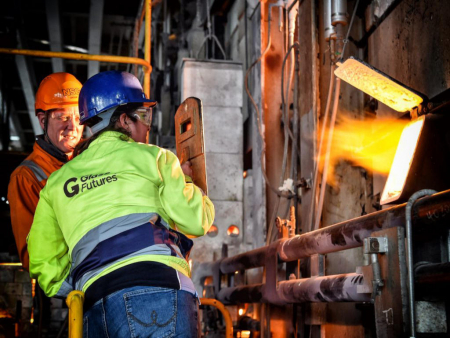Sustainable fuels could reduce glass industry carbon emissions by up to 80%

Glass Futures has published its report for the Department of Business, Energy and Industrial Strategy (BEIS) which answers some of the fundamental questions surrounding low carbon fuels within the UK glass industry, with learnings applicable to the global industry.
The ‘Industrial Fuel Switching Competition: Phase 3’, saw Glass Futures working with industry, academia and its member organisations on a series of trials to advance sustainable fuel technology options:
Biofuels: The use of 100% liquid sustainable biofuels resulted in carbon savings of between 70-80% when compared with high carbon natural gas. The research proved the technical feasibility at NSG-Pilkington UK and Encirc.
Hydrogen: The potential for replacing natural gas with hydrogen has been demonstrated on an industrial scale and appears promising but the solution varied across the different sub sectors (float, container, etc).
Electric melting: Some manufacturers are using increasing amounts of electric ‘boost’, supplying 20-40% of the melting energy. Increasing beyond this requires significant changes to furnace design.
Economic modelling: Alongside a series of pilot scale tests, economic modelling and research into hybrid solutions from present day to 2100 found that payback on net zero investment is possible by 2060, based on retrofitting solutions and given a positive policy framework co-created by industry and government.
The report concludes that options to decarbonise the industry won’t be restricted to one single solution due to geographic drivers such as localised hydrogen networks and electrical grid capacity.
Dr Palma González García, Combustion Technical Lead at Glass Futures said: “Our research indicates that significant future investigation is warranted and that options to decarbonise the glass industry won’t be restricted to a single solution. This gives the glass industry the opportunity to both decarbonise and respond to market factors in the drive to net zero by 2050 or sooner."
“A complex landscape exists around the many fuel switching solutions, and a number of key technical questions still remain regarding the long-term impacts of fuel switching choices.”



